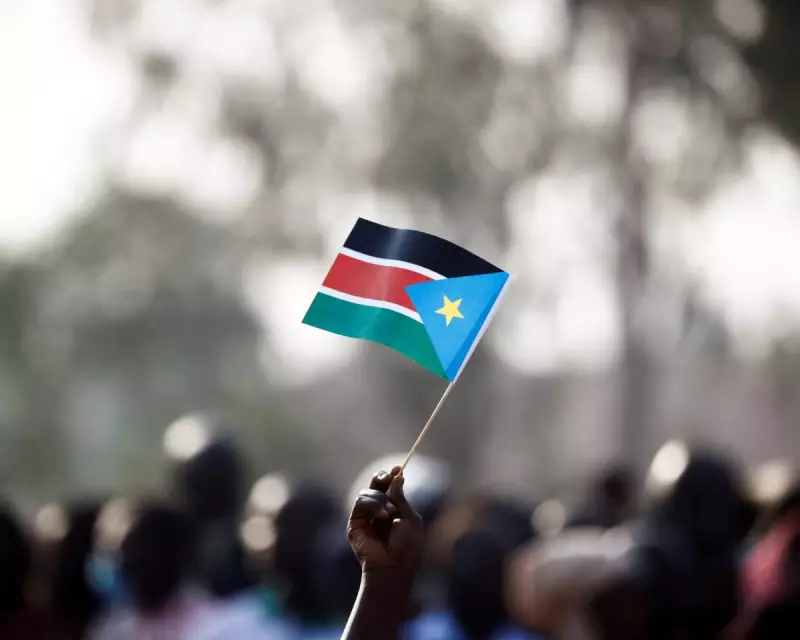
The United States has pulled the safety net from under thousands of South Sudanese nationals, with the Biden administration announcing the termination of Temporary Protected Status (TPS) for the conflict-ravaged African nation.
Protection Withdrawn After 12 Years
South Sudan had enjoyed TPS designation since 2011, when it first gained independence amid violent conflict. The programme provided crucial protection from deportation and work authorisation for approximately 150 South Sudanese citizens currently residing in the US.
Homeland Security Secretary Alejandro Mayorkas confirmed the decision would take effect from 6th February 2026, citing "improved conditions" in the world's youngest country as justification for the policy shift.
Timeline of a Humanitarian Crisis
- 2011: South Sudan gains independence, triggering initial TPS designation
- 2016: Protection extended amid civil war outbreak
- 2022: Most recent extension granted by Biden administration
- February 2026: Current protections set to expire
Between a Rock and a Hard Place
Immigration advocates have reacted with alarm to the decision, pointing to the ongoing humanitarian crisis in South Sudan. The nation continues to grapple with widespread violence, food insecurity, and political instability despite nominal peace agreements.
"This decision ignores the reality on the ground," said one immigration attorney familiar with the case. "Forcing people to return to a country still recovering from civil war and facing severe humanitarian challenges is unconscionable."
What Happens Next?
Affected individuals now face a difficult choice: return to uncertain conditions in South Sudan or remain in the US without legal status. The 14-month grace period provides limited time for families to make life-altering decisions about their future.
The move represents a significant shift in US immigration policy toward South Sudan and raises questions about the criteria used to evaluate "improved conditions" in nations emerging from prolonged conflict.





